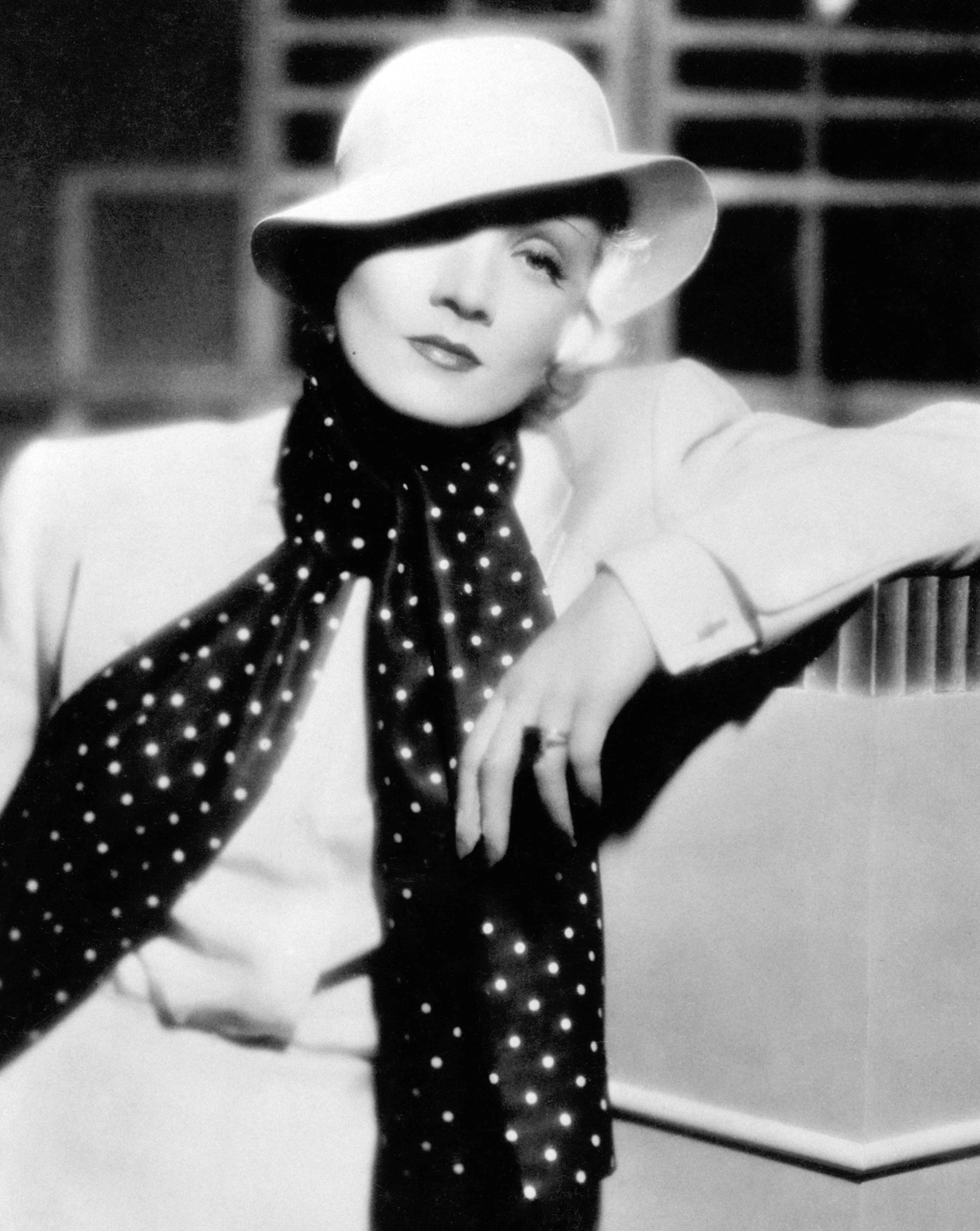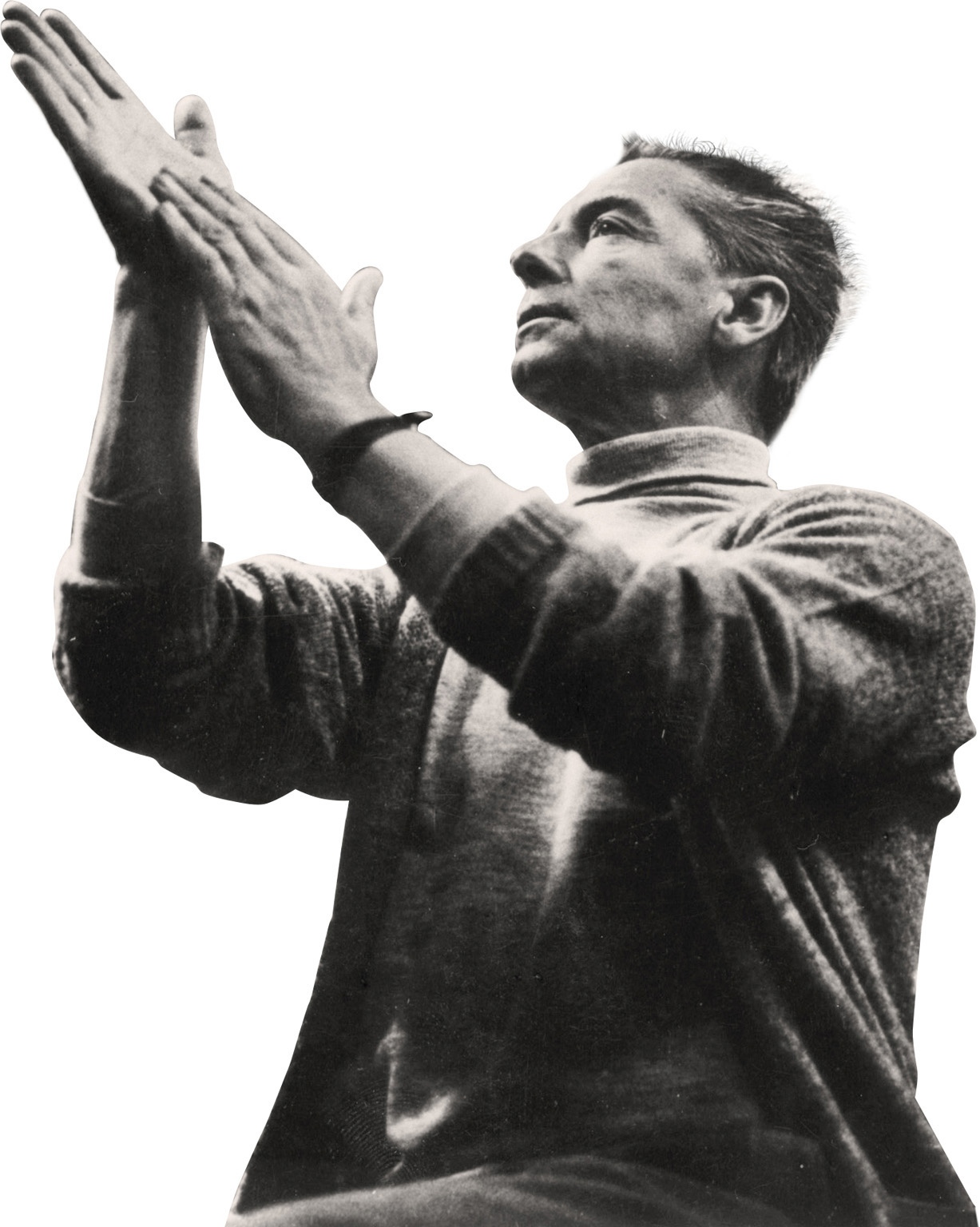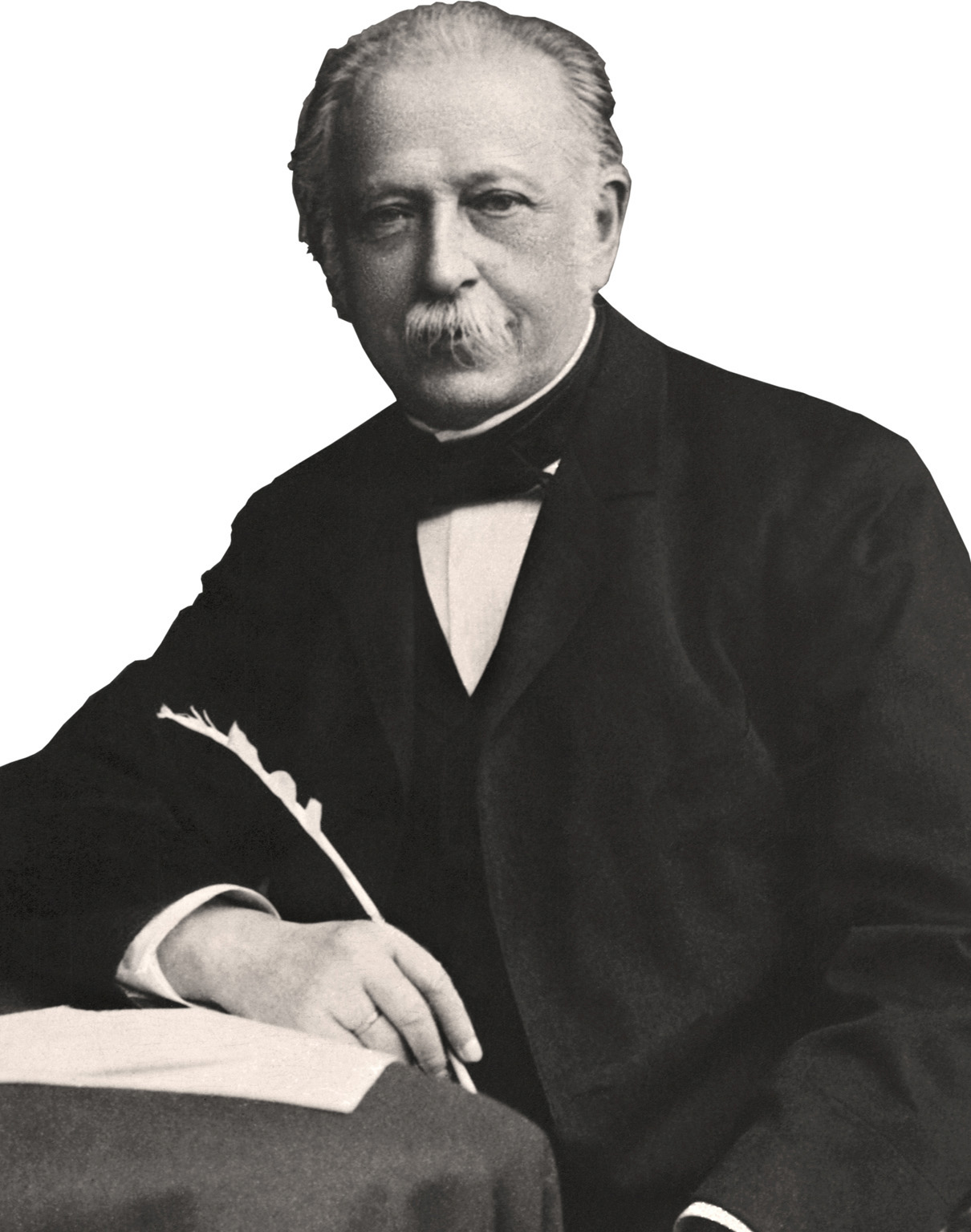FAMOUS BERLINERS
1. Marlene Dietrich
The famous filmstar (1901–92), born in Schöneberg, began her career in Berlin in the 1920s. Her breakthrough came with the film The Blue Angel (1931). She lies buried in the Friedenau cemetery in Steglitz. Many of her personal possessions are exhibited in the Deutsche Kinemathek.

Actress Marlene Dietrich
2. Albert Einstein
In 1914, Albert Einstein (1879–1955) became the director of the Kaiser Wilhelm-Institute for Physics. He was awarded the Nobel Prize for Physics in 1921 for his explanation of the photoelectric effect, though he is now better known for his Theory of Relativity, first developed in 1905. Einstein mostly lived and worked in Potsdam, but stayed closely connected with Berlin through his lectures and teaching activity. In 1933 Einstein, who was Jewish, emigrated to the USA, where he stayed until his death.
3. Bertolt Brecht
Born in Augsburg, Bavaria, Bertolt Brecht (1898–1956) wrote some of his greatest works, such as the Threepenny Opera, in a small apartment in Charlottenburg. During the Third Reich, the playwright emigrated to the US, but he returned to Germany after World War II and founded the Berliner Ensemble in East Berlin in 1949. Until his death, Brecht lived in Chausseestraße in Berlin-Mitte, with his wife, Helene Weigel. His renovated apartment has been turned into a museum.
4. Herbert von Karajan
This famous Austrian conductor (1908–1989) was head of the Berlin Philharmonic Orchestra from 1954 until 1989. During this time he helped create the orchestra’s unique sound, which remains legendary until this day. Herbert von Karajan was both revered and feared by his musicians because of his genius and his fiery temperament. Berliners still refer to the Philharmonie as “Circus Karajani”.

Conductor Herbert von Karajan
5. Robert Koch
Like few other physicians and microbiologists of his day, Robert Koch (1843–1910) laid the foundations and shaped the face of modern medicine with his pioneering discoveries. The Director of the Institute for Infectious Diseases, Koch also taught and researched at the Charité Hospital. In 1905 he received the Nobel Prize for Medicine for his pioneering discoveries in the field of tuberculosis research.
6. Theodor Fontane
A Huguenot, Fontane (1819–98) was one of the most influential 19th-century novelists and poets in Germany. He also worked as a journalist and critic for more than 20 years, penning many of his articles and essays in the Café Josty on Potsdamer Platz. Fontane is particularly well known for his novel Effi Briest and five-volume travelogue Wanderungen durch die Mark Brandenburg (Ramblings through the March of Brandenburg), in which he describes the mentality of the people, the historic places, the architecture and the landscapes of the principality of Brandenburg.

Theodor Fontane
7. Käthe Kollwitz
The sculptor and painter Käthe Kollwitz (1867–1945) portrayed the social problems of the poor, and her work provides a powerful, haunting commentary on human suffering. Kollwitz spent a large part of her life in a modest abode in the square that is now named after her, in the Prenzlauer Berg district. A monument recalls how she captured the lives of poor Berlin families, burdened with large numbers of children, and of social outcasts. An enlarged reproduction of her Pietà now adorns the Neue Wache war memorial.

Monument to sculptor and painter Käthe Kollwitz by Gustav Seitz
8. Jacob and Wilhelm Grimm
The brothers Jacob (1785–1863) and Wilhelm (1786–1859) Grimm are known around the world for their collection of classic fairy tales, which include Little Red Riding Hood, Hansel and Gretel and Rumpelstiltskin. Their linguistic output was equally important – their German Grammar and German Dictionary are standard reference works even today.
9. Georg Wilhelm Hegel
The influential philosopher Hegel (1770–1831) taught at the city’s Humboldt University from 1818 until his death.
10. Felix Mendelssohn Bartholdy
The composer (1809–47), a grandson of philosopher Moses Mendelssohn, was also the conductor of the Staatskapelle (state orchestra) at the opera house in Unter den Linden. His grave can be found in the Holy Trinity Cemetery I, located in the city’s trendy Kreuzberg district.
